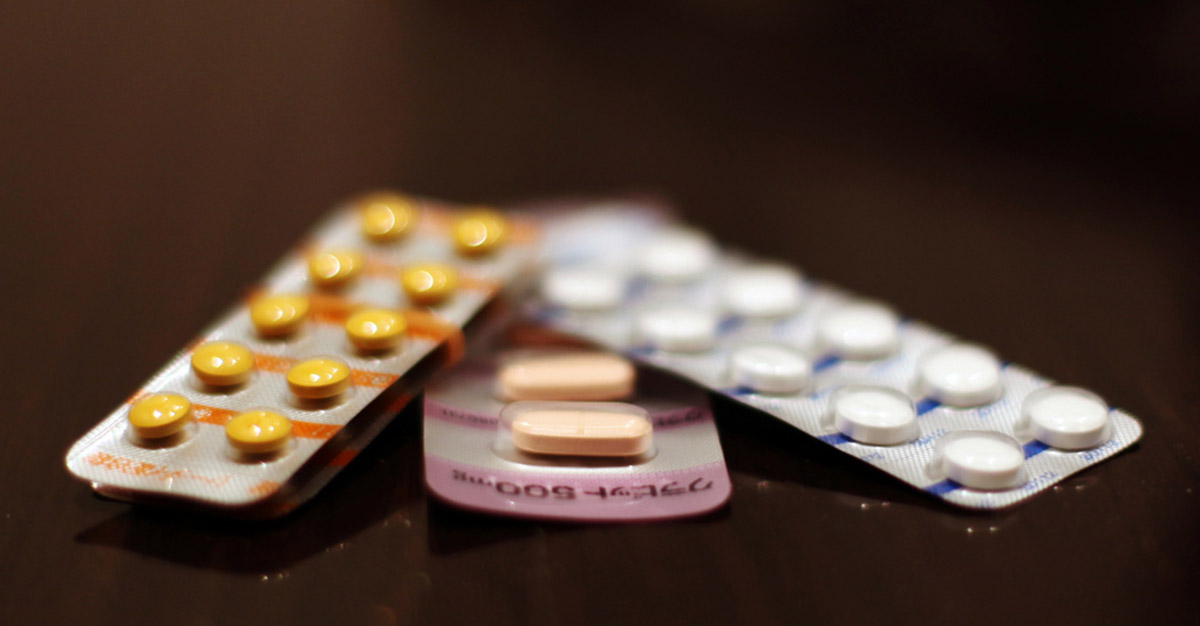Table of Contents
It's just not a good idea to use someone else's prescription. It's likely to be against the law, and in rare instances, a friend who decides you aren't a friend any more might even turn you in (although not without serious risk of also being charged).

Even if you are feeling good, and even if you don't suffer a relapse of the infection, your body could be hosting resistant bacteria that find their way back into the general population can cause illnesses that are harder to treat.
And it's not a good idea for someone else to have to have high blood pressure, or high blood sugars, or untreated pain so you can use their pills.
But there are things you can do that may make it possible for you to get your own medications.
- Ask your doctor to prescribe the generic form of the medication you need. Generics are almost less expensive than brand name medications. Many states in the United States require pharmacists to dispense the less expensive generic form of a brand name prescription ordered by the doctor unless the doctor specifically writes "No substitutions."
- Shop around for the best deal on generics. Some pharmacies offer several hundred medications for $5 a month or less. Ask your doctor to prescribe those medications.
- Investigate patient assistance programs. In the United States, many drug companies will make certain products available for just $30 to $50 a month or even for free for people who can show that their income is below certain cutoffs. Typically medications are available for free for single people who earn $35,000 per year or less and for married couples or families that have an income of $70,000 per year or less. Pharmaceutical companies are not obligated to have patient assistance programs, however, and the programs are not available in every country where the medication is sold. In the US, medications made by Astra-Zeneca, linked below, are often available free or at reduced cost, and Astra-Zeneca products are designed to be compatible with each other.
- Local (city and county) health departments often make vaccinations available for free, sometimes for all comers, and sometimes for people who receive other forms of government assistance.
Patients assistance programs don't do a good job of covering syringes, test strips of various kinds, and lancets.
See Also: Side effects of prescription stimulants
Fortunately, discounted versions of these products are available at some of the "big box" stores, and pharmacy chains like Walgreen's are sometimes willing to dispense them without a copay if you have any health insurance at all.
The damage to your health may be a lot greater than the small savings you gain by sharing prescription medications. Always use your own prescriptions, and share information, or money, rather than the drugs themselves.
- Mann BS, Barnieh L, Tang K, Campbell DJ, Clement F, Hemmelgarn B, Tonelli M, Lorenzetti D, Manns BJ. Association between drug insurance cost sharing strategies and outcomes in patients with chronic diseases: a systematic review. PLoS One. 2014 Mar 25. 9(3):e89168. doi: 10.1371/journal.pone.0089168. eCollection 2014. PMID: 24667163.
- Photo courtesy of jarmoluk by Pixabay : pixabay.com/en/medications-cure-tablets-pharmacy-257344/
- Photo courtesy of Evan Blaser by Flickr : www.flickr.com/photos/evanblaser/6451575117


Your thoughts on this